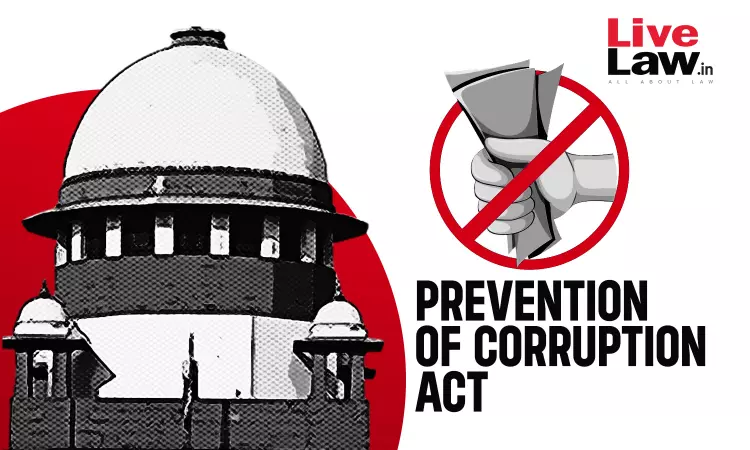No Presumption Of Corruption Due To Misuse Of Authority If There's No Proof Of Demand & Acceptance Of Bribe: Supreme Court
Yash Mittal
3 March 2025 12:12 PM IST

Next Story
3 March 2025 12:12 PM IST
The Supreme Court recently held that a mere allegation of misuse of authority will not give rise to a presumption under Section 20 of the Prevention of Corruption Act, 1988 (PC Act) unless there is proof of demand and acceptance of illegal gratification.Section 20 of the PC Act presumes that a public servant who accepts an undue advantage did so as a motive or reward. The Court ruled that...
